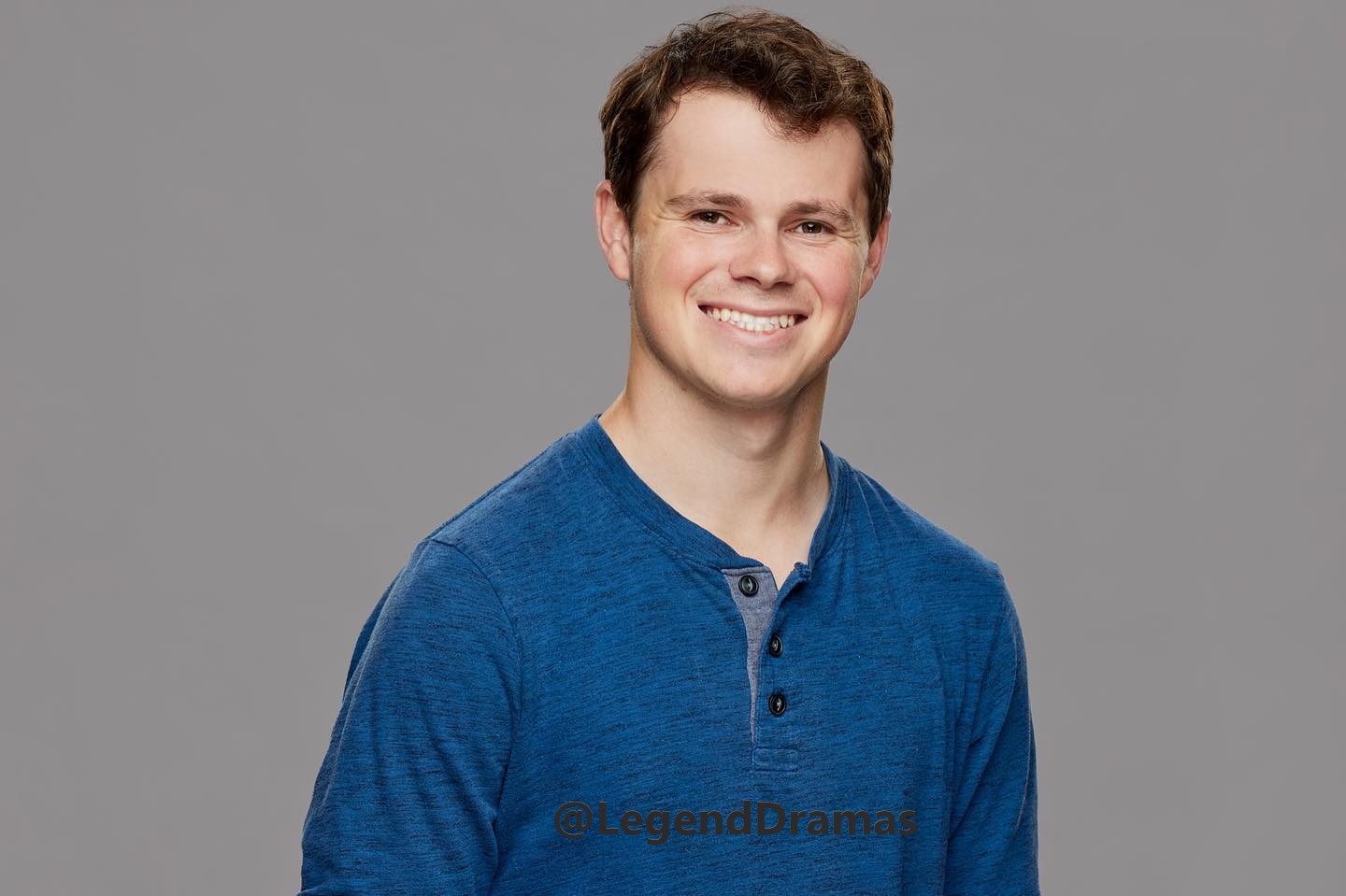Introduction
Reality television has the unique ability to bring out both the best and worst in people, often showcasing the complexities of human relationships under the pressure of competition. The hit show “Big Brother” is no exception, known for its intense social dynamics and alliances that can make or break a contestant’s journey. In a recent turn of events, Hisam Goueli, a prominent figure from “Big Brother,” has come forward to shed light on his strained relationship with fellow contestant Cory Wurtenberger, citing issues of honesty and trust.
The Backstory
“Big Brother” places a group of diverse individuals in a confined space, where they live together while being constantly monitored by cameras. The contestants form alliances, strategize, and ultimately vote each other out until a winner emerges. During the show’s 21st season, Hisam Goueli and Cory Wurtenberger found themselves navigating the intricacies of this social experiment.
The Rift: Dishonesty and Broken Trust
In a recent interview, Hisam Goueli opened up about the tensions between him and Cory Wurtenberger, shedding light on a rift that seemed to have emerged during their time on the show. Goueli expressed feelings of betrayal, highlighting instances where he believed Wurtenberger had been dishonest and manipulative.
According to Goueli, trust is an essential component of navigating the “Big Brother” environment. Contestants often form alliances based on mutual understanding and trust, relying on each other for support and votes. Goueli’s narrative suggests that Wurtenberger’s actions may have jeopardized that trust, causing strain in their relationship.
The Impact of Deception
Deception and manipulation are par for the course in reality TV, especially in a game like “Big Brother,” where the ultimate goal is to outwit and outlast opponents. However, the impact of such actions on interpersonal relationships should not be underestimated. The show’s format encourages strategic gameplay, but it also requires a certain level of transparency and authenticity to maintain healthy interactions among contestants.
Goueli’s decision to address the alleged dishonesty is a reflection of the emotional toll that these interactions can have on participants. It shines a spotlight on the emotional complexities that arise when individuals must balance the demands of gameplay with their personal values and principles.
Lessons Learned and Moving Forward
While reality TV offers entertainment and drama, it also provides an opportunity for self-reflection and growth. The conflict between Goueli and Wurtenberger highlights the importance of communication, trust, and maintaining one’s integrity even in high-pressure situations. Contestants like Goueli serve as a reminder that authenticity can have a lasting impact, both within the context of the show and in viewers’ perceptions.
As the interview with Hisam Goueli continues to garner attention, it sparks discussions about the blurred lines between competition and personal ethics. It also prompts fans to reflect on how they perceive the contestants beyond the edited narratives presented on screen.
Conclusion
Reality television is a world where alliances are formed and broken, and where trust can be a rare and fragile commodity. Hisam Goueli’s decision to openly discuss his rift with Cory Wurtenberger provides viewers with a glimpse into the human dynamics that play out behind the scenes of “Big Brother.” The story serves as a reminder that even in the heat of competition, honesty and trust remain invaluable virtues that shape not only the outcomes of the game but also the perceptions of those who watch from the sidelines.

